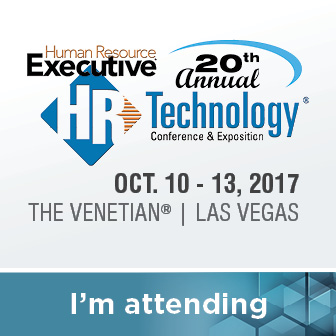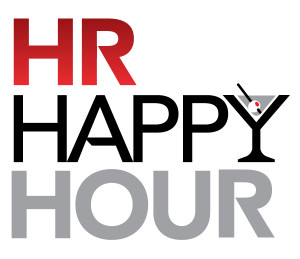Want a larger piece of the (economic) pie? Look for the most competitive industries
Caught a really interesting piece over the weekend at The Atlantic looking at one potential reason why (relatively speaking) that worker's or labor's share of GDP is decreasing when compared to 'capital's', i.e. ownership's share. This divergence in share has been thoroughly examined as a primary driver of increasing economic inequality, and was the main subject of Thomas Piketty's influential Capital in the Twenty First Century from 2014.
Said differently, and much more simply, today in the aggregate is getting a smaller piece of the overall economic pie than in the past. There are tons of data points you can examine on this, but they all more or less show the same thing - on average, workers are no better off today, and might be worse off, than they were 20 or 30 years ago.
Why The Atlantic piece titled One Reason Workers are Struggling Even When Companies are Doing Well caught my attention is that it shared some insights from a recent NBER research paper on not just that this share divergence is happening, but offered some reasons as to why it is happening.
And the theory is kind of an interesting one, and if true, can help better inform anyone making career/industry decisions moving forward. Best of all, it is a pretty simple idea that boils down to this - The more concentrated an industry is, (fewer competitors and the ones that dominate are all pretty large), the lower labor's share of the income for that industry will be.
Here's some color from The Atlantic piece:
The researchers looked at data from the U.S. Economic Census between 1982 and 2012 for nearly 700 industries in six major sectors, including manufacturing, retail, wholesale, services, finance, and utilities and transportation. Looking at how much the four largest firms in each industry accounted for in terms of total sales in the industry, they found an upward trend in concentration in all of the six sectors, meaning that it was increasingly common that just a few firms accounted for the bulk of sales. Since the U.S. Economic Census reports payroll, input, and employment, the researchers were able to observe a negative correlation between concentration and labor’s share—meaning that this trend of so-called superstar firms tends to mean workers taking home a smaller share of the pie. Moreover, the more concentrated an industry had become, the larger the decline in labor’s share.
Unpack that a little bit to show a pretty straightforward formula:
Industries have tended to consolidate over time --> the more dominant the four largest firms in an industry become --> then decreasing shares of the overall industry profits find their way to workers/labor.
There are a couple of reasons on offer for why more consolidated, big-firm dominated industries are getting worse in terms of share of profits for workers. One is that these companies are simply growing revenues at a faster pace, and labor costs just have not (or do not need to) keep pace. Another is that modern, transparent business practices make it easier for consumers to find and reward the 'best' companies, which drives out competition in the industry faster than before - and reduces the potential number of firms competing for workers.
The takeaways for the average employee?
Probably that it might pay, (no pun intended), to keep on eye on the relative levels of competition in your industry, particularly if you are in a role that feels industry-specific. If your industry has seen consolidation with weaker competitors being driven out of business (or being acquired), the trends suggest a shrinking percentage of profits will find their way to you and your colleagues.
You might be better off thinking about an industry that seems to have more, and more even competition, where the market share, (and to some extent the demand for labor), is not being controlled by two or three big companies. And one where the threat of competition for your skills can either score you a better offer somewhere else, or give you more leverage and power in your next compensation negotiation with your current shop.
More options might not be better for the owners of your company, but they might be much, much better for you.
Have a great week!

 Steve
Steve



